A new climate feedback loop has been discovered by scientists at CERN that could accelerate Arctic warming and sea ice loss. It produces more clouds at the pole which then produce more warming, and then more clouds, in an intensifying cycle. It’s to do with increasing amounts of iodine in the atmosphere, which acts as a very effective nucleator for clouds, and is being released as the Arctic thaws. “The more the ice melts, the more sea surface is exposed, the more iodine is emitted, the more particles are made, the more clouds form, the faster it all goes,” said Jasper Kirkby, the project leader.
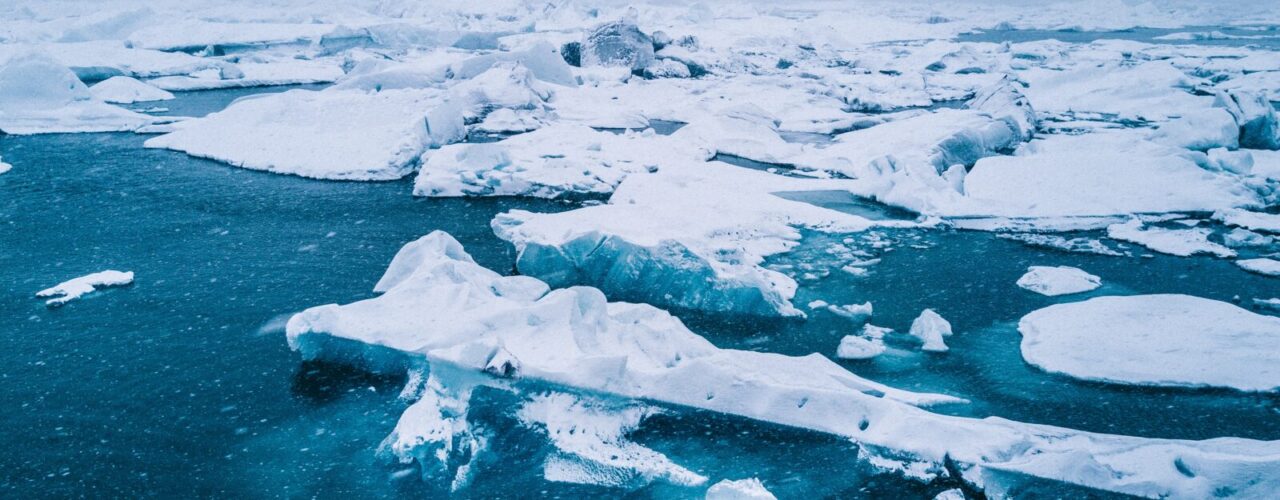
So what?
This discovery is important because it is not currently factored into any climate models. There is still currently huge uncertainty around the effects of amplifying feedback loops from natural processes – but it is critical to understand them. This is because they are the main drivers that would place the planet on a ‘Hothouse Earth’ trajectory of irreversible warming, if triggered. While the full climate impact of this discovery is yet to be assessed, it could turn out to be very significant because it is to do with the behaviour of aerosols. Even tiny modifications in this behaviour can have huge consequences for the overall warming of the planet, according to climate modellers.
It is also significant because it accelerates Arctic sea ice loss, which strongly affects the Earth’s albedo, or reflectivity. A 2019 study found that losing the remaining Arctic sea ice and its reflective power is equivalent to adding an extra one trillion tons of CO2 to the atmosphere. This roughly equates to adding 25 years of additional global CO2 emissions – and would make staying under 2C of warming extremely difficult, and in a worst case scenario, perhaps even impossible.

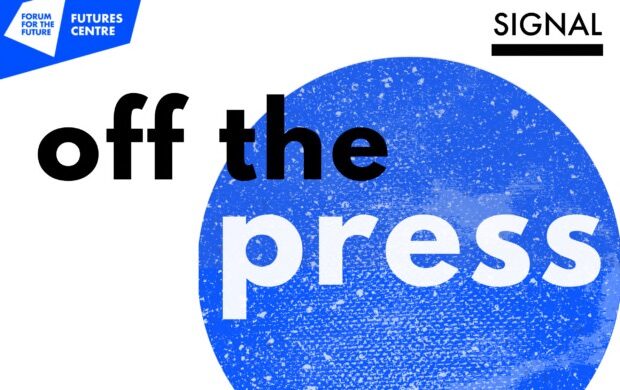
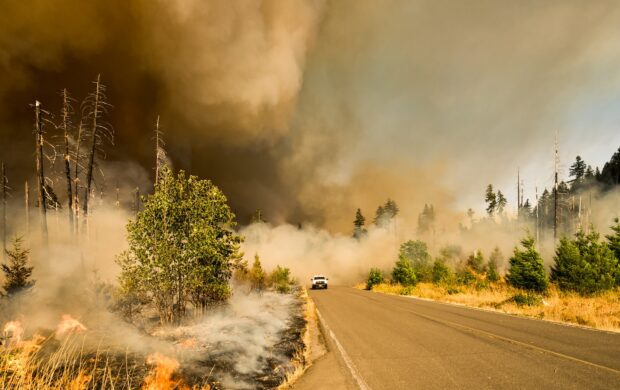


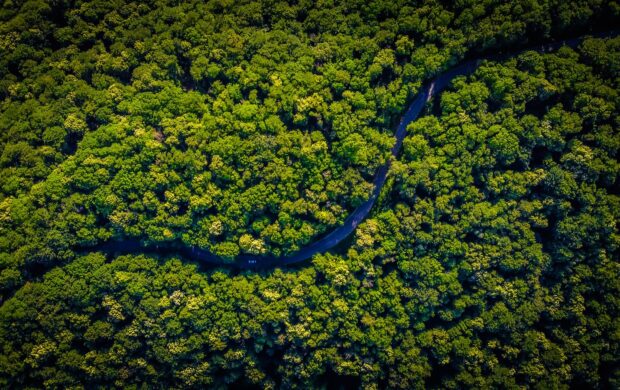

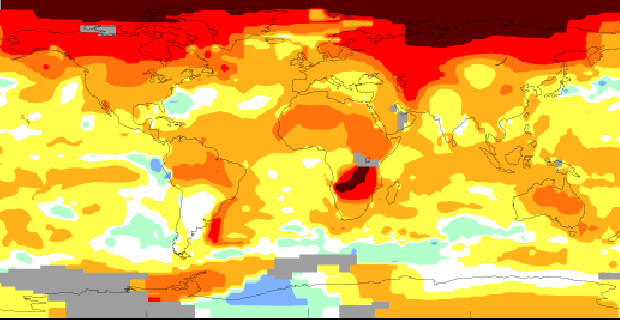
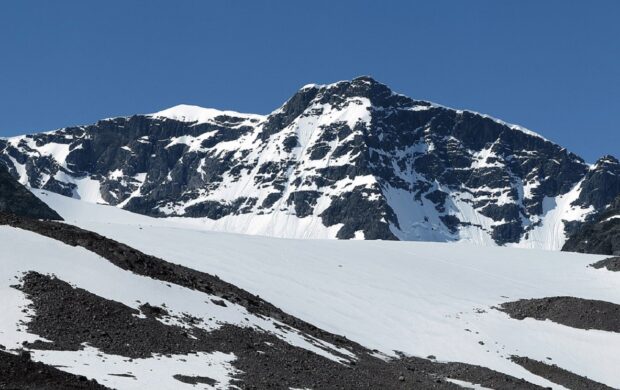




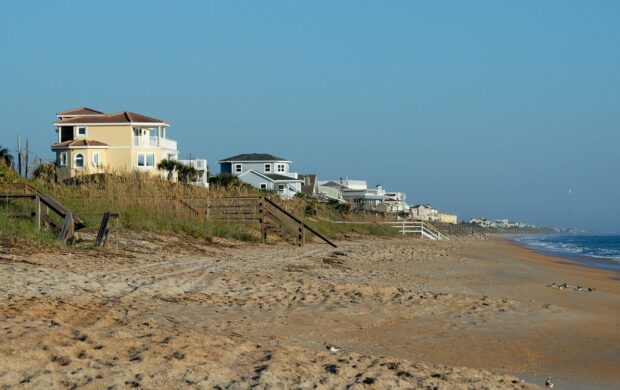



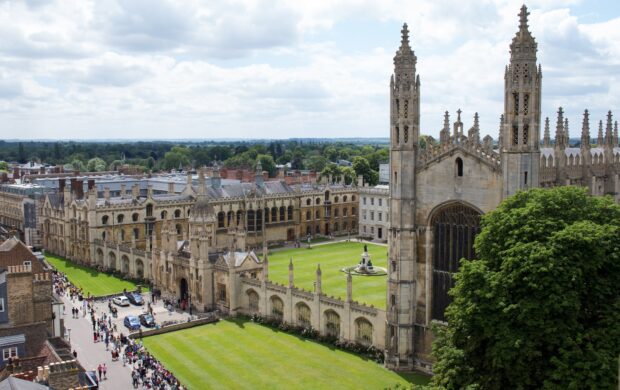


Join discussion